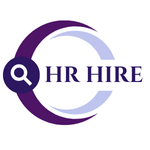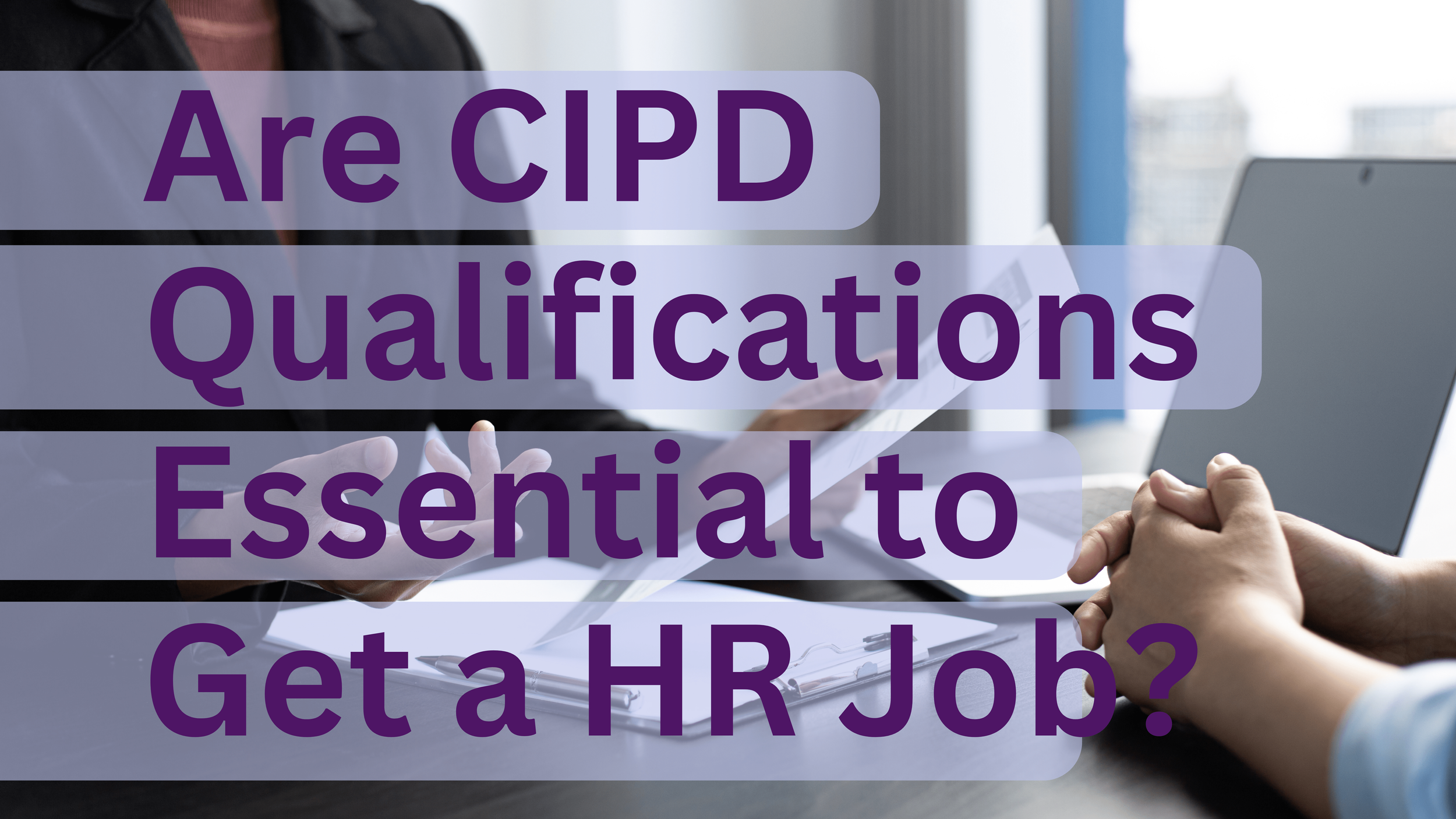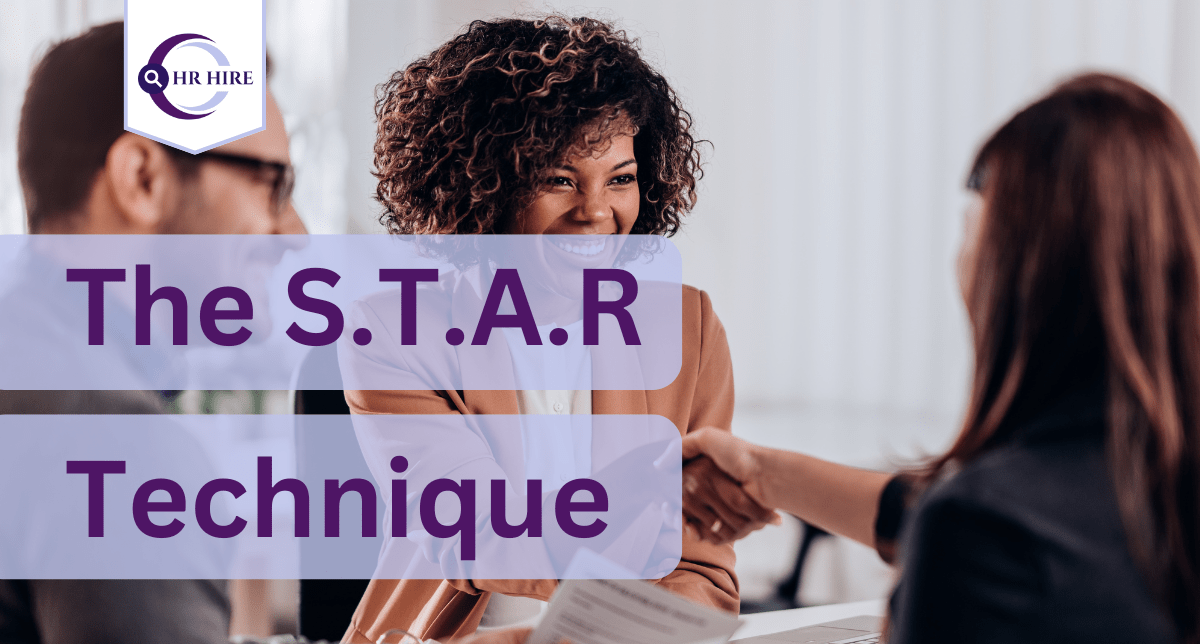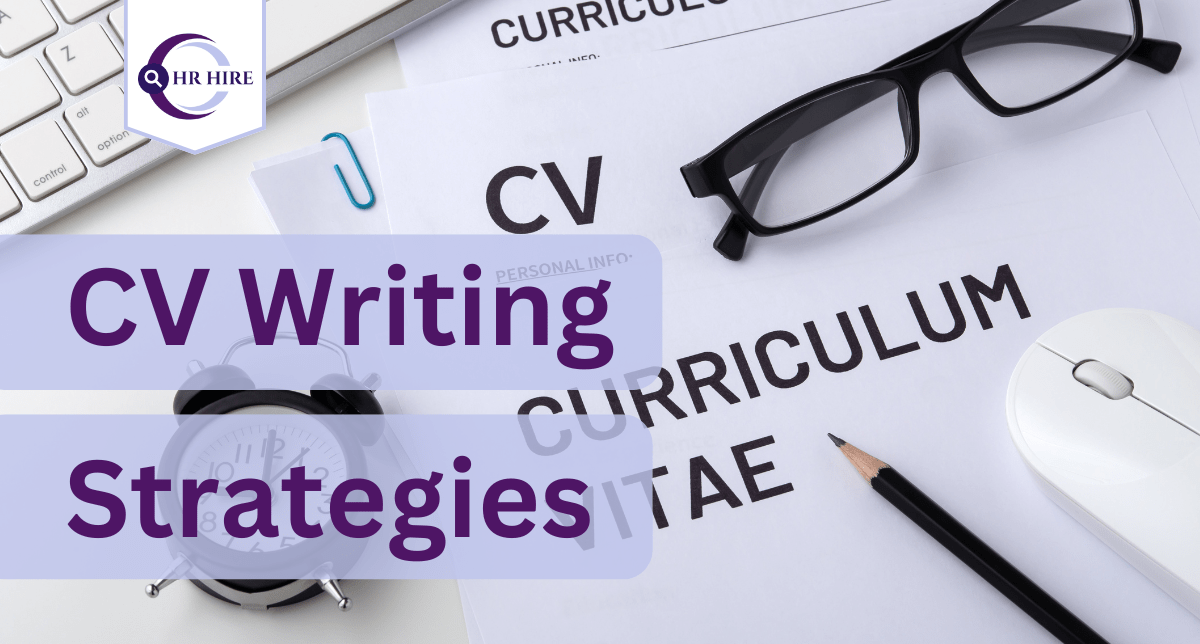Do I need a CIPD qualification to get a job in HR?
You don’t need a CIPD qualification to start a career in HR, but it can make you more competitive. Many entry-level HR roles, such as HR Administrator or HR Assistant, do not require CIPD accreditation, especially if you have relevant skills or experience.
However, as you progress to more senior positions, like HR Advisor, HR Business Partner or HR Manager, a CIPD qualification is often preferred or required by employers. Studying for a CIPD qualification while working in HR is also a common route. In Ireland, CIPD is widely recognised and valued by employers across the public and private sectors.
The value of CIPD qualifications in Ireland
CIPD qualifications have become the recognised benchmark for HR professionalism in Ireland. They provide a structured learning pathway covering HR theory, employment law, ethics, and practical HR skills. Most mid-level and senior HR roles explicitly require or prefer CIPD membership, particularly at Level 5 and Level 7.
Employers see CIPD as a guarantee of professional standards and continuous development. Completing a CIPD qualification demonstrates commitment to the profession and keeps HR practitioners up to date with evolving legislation and best practice.
When CIPD qualifications are essential
Mid to senior HR roles: Many organisations expect candidates for HR Generalist, HR Business Partner, or HR Manager roles to hold at least a CIPD Level 5 qualification. This is particularly common in multinational companies, professional services and sectors with complex compliance requirements.
Career progression: CIPD membership is often necessary to advance beyond entry-level roles and to build credibility with senior management and external stakeholders.
Specialist roles: For some specialist areas such as Learning and Development or Employee Relations, CIPD training provides valuable frameworks and insights that are highly regarded by employers.
When CIPD qualifications are not essential
Entry-level positions: For junior roles like HR Administrator or Recruitment Coordinator, many employers are open to candidates with relevant transferable skills, a basic HR qualification, or those willing to study CIPD while working.
Non-traditional routes: Some HR professionals enter the field through experience in related areas such as administration, recruitment, or operations and build their qualifications later.
SMEs and startups: Smaller organisations may place greater emphasis on practical skills and cultural fit than formal CIPD accreditation.
Other qualifications and continuous professional development
Alongside CIPD, other Irish educational institutions offer respected HR qualifications. Universities such as University College Dublin, National College of Ireland and Technological University Dublin provide degrees and diplomas in HR that are well regarded by employers.
Ongoing professional development, networking, and on-the-job learning are equally important. Many HR professionals maintain their skills through short courses in employment law, mediation, data analytics or leadership.
At HR Hire, we value CIPD qualifications highly, but we know they’re not the only route to a successful HR career.
I’ve worked with excellent HR professionals who came from different backgrounds and built their careers through experience, continuous learning and strong interpersonal skills.
CIPD is often a mark of professionalism and helps with career progression; however, clients frequently tell us they want candidates with the right mindset; adaptability, emotional intelligence and commercial awareness. If you don’t have CIPD yet, don’t be discouraged; focus on building your skills and gaining relevant experience. The qualifications can follow.
Ready to advance your HR career?
If you’re considering CIPD qualifications or looking for HR roles in Ireland, HR Hire can support you. We work with employers across sectors to place HR professionals at all stages of their career.









